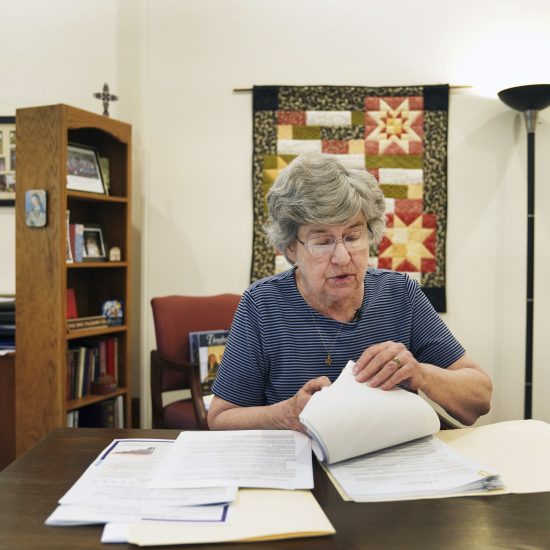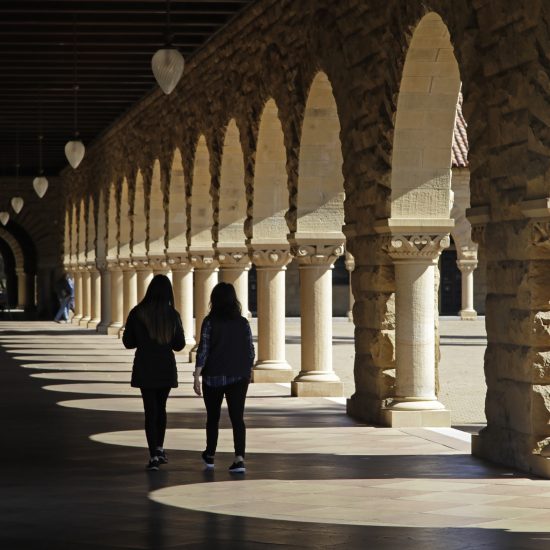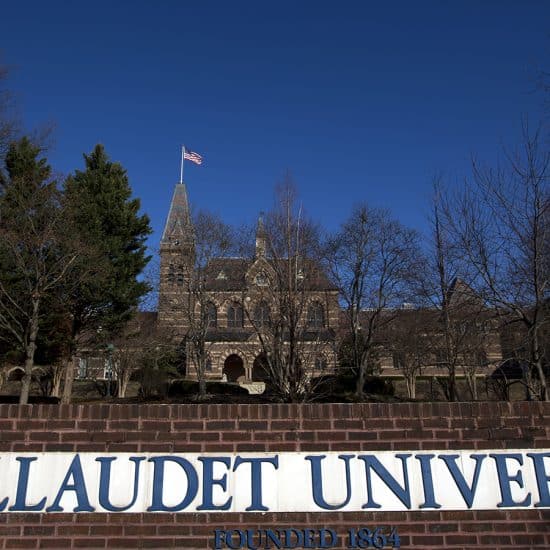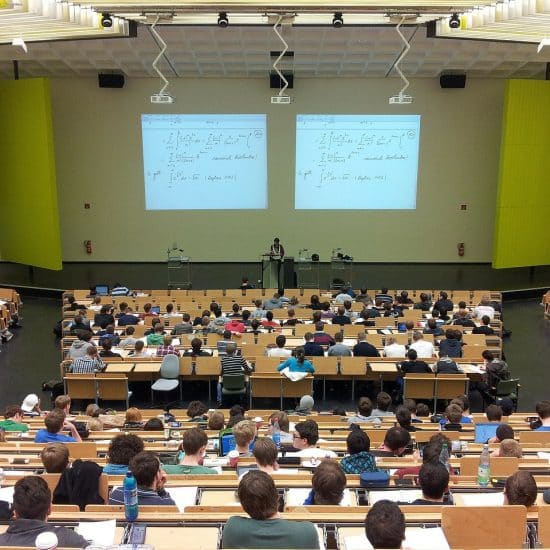By Bill Webb
Word&Way Editor
School is well underway, whether that means public schools, parochial or religious schools, charter schools or home schools. We live in a nation that likes to debate the proper way to educate our  children. Sometimes the argument boils over not what might be the best approach, but what should be the only approach.
children. Sometimes the argument boils over not what might be the best approach, but what should be the only approach.
Earlier this year, a couple of Southern Baptists verbalized what many others believe. They suggested that public schools were lost causes, that they were godless. Their suggestion: that Southern Baptist Convention messengers approve a resolution calling for parents to remove their children from public schools.
The language of the two proponents of this radical mindset put off a number of leaders, including the convention's resolutions committee and the bulk of the messengers themselves.
In the public discussion, some voices countered that Christian students had been and still could be positive influences on their public-school classmates – but only if they were present to exercise that influence. Others questioned whether the proposed resolution inferred that Christian teachers and staffers should abandon public schools as well. The more the matter was discussed, the more radical the original proposal sounded.
It is a good thing that parents, young people and others care deeply about the education of our children. We should care about their safety, whether they learn appropriate values and whether they receive an education that will prepare them for continued education or gainful employment. We want education to prepare students to be productive citizens and good people able to steer their way in a complex world.
Blanket statements that assure the quality of one form of education while castigating one or more others should be regarded with suspicion.
Not every public school is a godless educational wasteland. Not every one is an award-winning institution. Not every Christian school lives up to its label, while others offer an outstanding education. Many home schoolers receive an outstanding education, but quality varies.
Good education depends upon a lot of factors, not the least of which are the students themselves. Students who come from families who care about education and participate in the educational life of their children have a distinct advantage, no matter what kind of school they attend.
An old temptation is to turn children over to a school or to teachers and let them work their magic. Too many schools sponsor parent conference events only to have a small percentage of takers. Some schools have difficulty involving parents as volunteers in school events. The primary educational institution in society is still the family – assisted by whatever form of school a family chooses.
How do you improve education? Some people who don't even have students at home have discovered the joy of mentoring youngsters who need extra help. Sometimes that can be a student who does not have an involved parent, but not necessarily. Tutoring and mentoring are ways of bringing the quality of education up in a classroom and a school, student by student.
I have friends who take their morning walks past schools and use the time for prayerwalking. They pray for principals, teachers, other staff members and especially the students. They have the audacity to believe that prayer – faithfully offered – enhances education and helps people.
If a school or educational endeavor is successful, it likely is because some interested parents and others are undergirding it with involvement.






